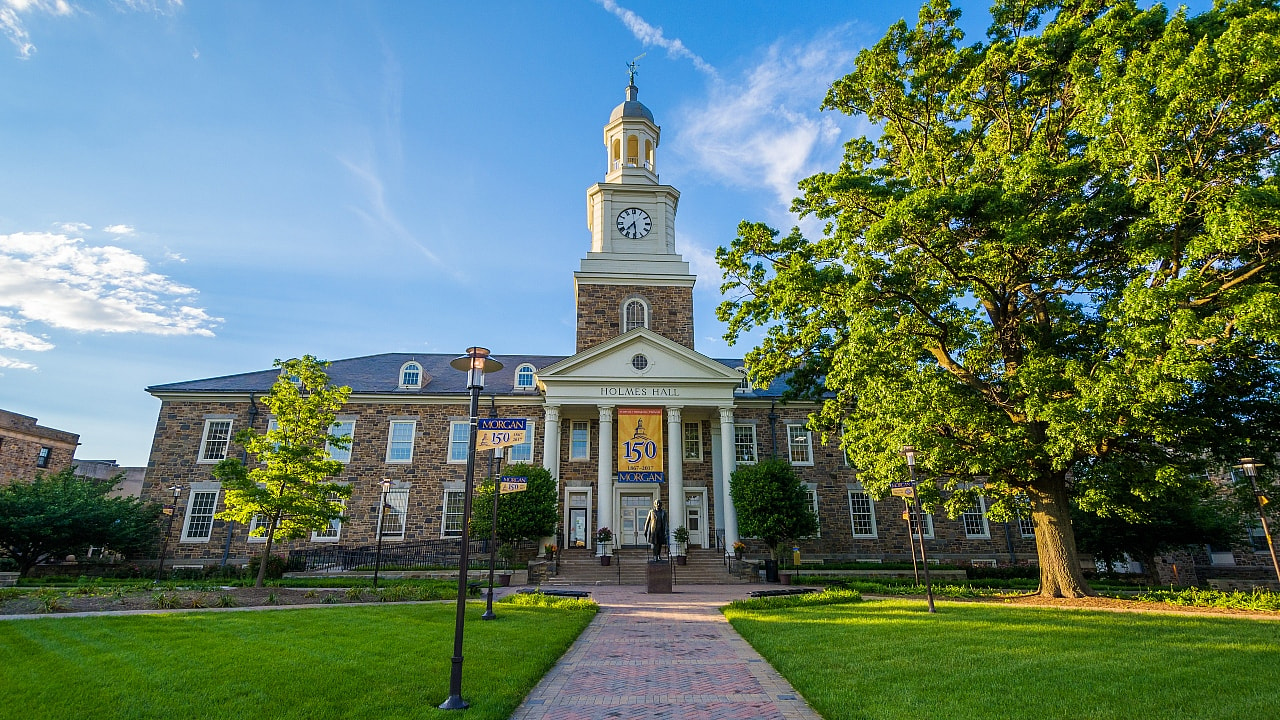As historically Black colleges and universities prepare for an influx of applications, their administrators are considering modifying some of their admissions policies, possibly becoming more selective.
The decision follows the Supreme Court’s ruling on affirmative action, which forbids institutions from using race as a criterion when selecting which students to admit.
Following the 2020 anti-racism uprisings, more Black students sought academic safe havens at HBCUs, according to The Washington Post, and campus leaders now anticipate receiving even more attention from applicants seeking environments they perceive to be more welcoming.

However, HBCUs — which make up 3 percent of all colleges yet produce 20 percent of all African-American college graduates — might also see a drain on their already scarce resources.
Due to historical underfunding, America’s Black colleges have struggled with problems like deteriorating infrastructure and housing shortages, worsened by enrollment increases and a lack of affordable off-campus options. There is also a digital divide between some HBCUs and better-funded, predominately white institutions.
“It’s messaging,” said Wil Del Pilar, senior vice president at education advocacy group Ed Trust. Students could infer, he contends, “that these institutions don’t want us, even if they weren’t using race as a factor in admissions anyway.”
However, Michael Lomax, president and chief executive officer of longtime scholarship provider United Negro College Fund, said even the most well-resourced institutions are seeing higher demand than they can handle.
Howard University president Wayne A.I. Frederick shared that administrators might begin interviewing prospective undergraduates as an additional layer of screening at Howard, which has seen a surge in enrollment.
Frederick said the institution was getting roughly 6,000 applications per cycle when he took over 10 years ago. Since then, that number has increased to almost 32,000.
David A. Thomas, Morehouse College president, voiced similar concerns, noting that doubling the college’s enrollment would significantly compromise educational quality. The Atlanta-based university is already preparing for an increase in applications — from 6,000 students this year to between 9,000 and 12,000 over the following three years.
Thomas did not specify whether admissions procedures would change, but he did note that administrators must ensure they continue to admit students from various socioeconomic backgrounds and support low-income and working-class students as they sift through applications from a vast pool.
Florida banned race-based college admissions policies more than 20 years ago, but its schools were still allowed to change their procedures. William Hudson Jr., vice president of student affairs at Florida A&M University in Tallahassee, warned that a spike in applications would force the rejection of certain applicants and the tightening of admissions standards at the already crowded campus.
Experts pointed out that not all HBCUs will likely be affected equally by this increased focus, particularly smaller institutions in rural areas. Del Pilar added that in larger states, where students might not be familiar with the schools, “[they] will gravitate to the name brand.”
Admissions officers in Maryland are considering how to provide potential students the opportunity to discuss their racial backgrounds. Aminta Hawkins Breaux, the president of Bowie State University, suggested its application process would soon include an essay requirement.
At Morgan State University in Baltimore, admissions officers are also considering using essay prompts, recommendation letters or application questions. However, Khala Granville, Morgan State’s head of undergraduate admission and recruitment, cautioned that these solutions would add to the workload of overburdened high school guidance counselors — who, in some urban districts, may have hundreds of teens to assist.
Historically, Morgan State has not taken into account an applicant’s race when making admissions decisions, but it will now withhold that information from application reviewers “so that it even more so isn’t available for them to see,” Granville said.
The campuses, she says, are awaiting further instructions from the Department of Justice.
TheGrio is FREE on your TV via Apple TV, Amazon Fire, Roku and Android TV. Also, please download theGrio mobile apps today!

